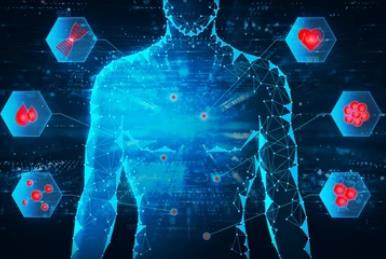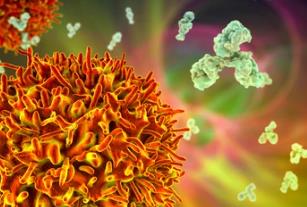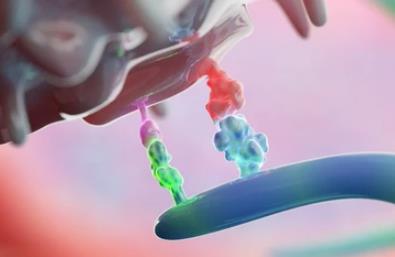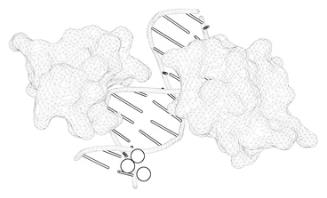Have you ever thought about why every chromosome in our cells has two copies? During the breeding process, we obtain a copy from each of our parents. This means that we also obtained two copies or alleles of each gene from each chromosome or pair of parents. Both alleles can produce messenger ribonucleic acid (mRNA), which is the formula required for mRNA to manufacture proteins and maintain cell operation….
Day: January 2, 2024
New Research Has Found Biomarkers for Predicting the Risk of Human Cell Aging and Death

As cells age, they experience aging, a state where they stop growing but continue to release inflammatory and tissue-degrading molecules. When a person is young, the immune system will respond by eliminating aging cells, commonly known as “zombie cells”. However, zombie cells will continue to exist and lead to a series of age-related health problems and diseases. In a new study, researchers from the Mayo Clinic in the United…
Protein IKAROS Regulates the Development of B Cells

The nucleus is a busy place. Cellular proteins twist and pull DNA, folding the genome into complex three-dimensional structures that support the function of its coding regions. This arrangement is crucial for cell development, but the specific steps for different types of cells vary greatly. Establishing correct communication between genes and distant control switches in the right cells at the right time is not an easy task. In fact, few…
The Reasons for The Therapeutic Effect of CTLA-4 Inhibitors Being Sluggish

As the “predecessors” in immune checkpoint inhibitors, the development of anti-CTLA-4 monoclonal antibodies in recent years has not been ideal. From the perspective of approved indications, their single-drug treatment uses are few and can only be paired with PD-1/L1 inhibitors. If we look at the failure cases of clinical research, it will be even more heart-wrenching. So the question is, what is blocking the anti-CTLA-4 monoclonal antibody? The research…
